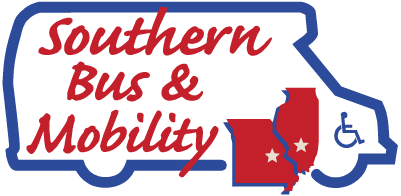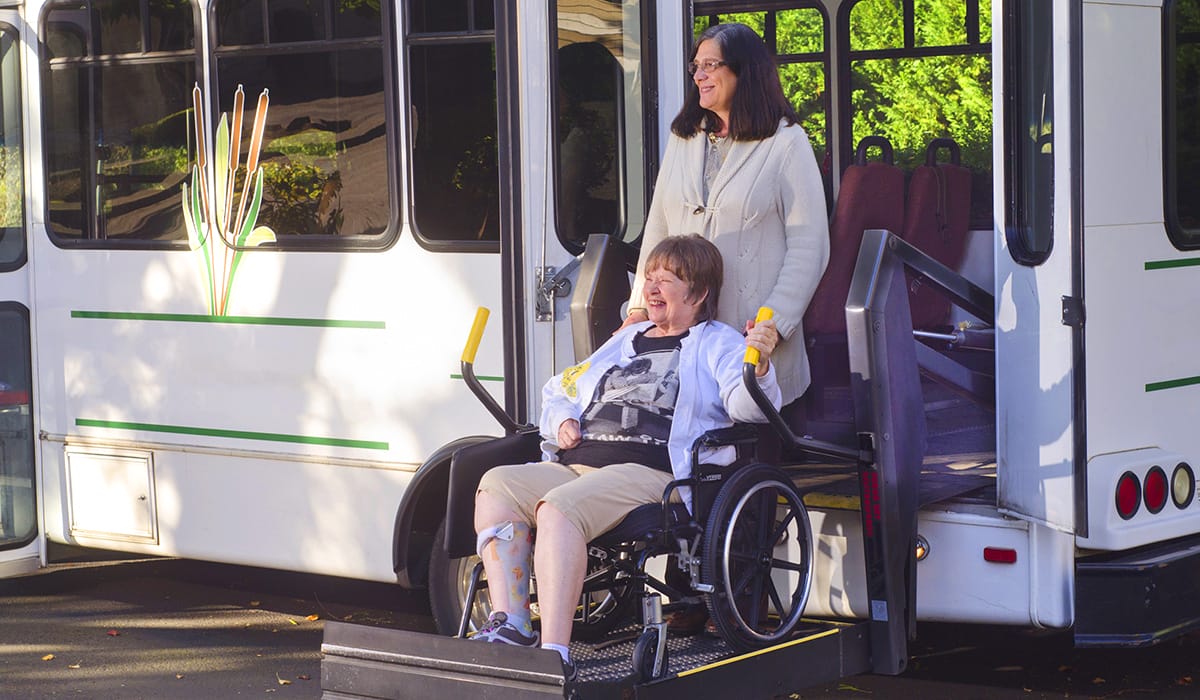Advocacy 101: People-First Language
NMEDA has been an ally for people with disabilities for over 25 years, dedicated to expanding opportunities for accessible transportation in vehicles modified with secure mobility equipment. Throughout our involvement in the mobility industry as a spokesperson for disability resources, we have come to gain a unique understanding of the impact words can have and how we can better communicate with one another.
Language is an incredibly powerful tool for fostering positive ideals and inspiration, however, it can also be used to perpetuate negative thoughts, whether intentionally or due to lack of awareness. Whether you’re a caregiver, family member, loved one or new acquaintance, being advocate for people with disabilities can be as simple as tweaking the words you use.
What is People-First Language?
At its core, people-first language puts the person before their disability. By using our words in this way, we are defining who the person we’re speaking about by who they are, not the disabilities they may have. Essentially, we are maximizing a person’s character and potential, while minimizing the impact their disabilities could have.
How Is People-First Language Used?
People first language aims to change the way disabilities and disability-related needs are described. It uses positive language to eradicate stereotypes or negative connotations associated with disabilities. It substitutes negative words and phrases like “special needs,” “problems,” or “issues,” as well as asserting one should never say a person “suffers from” something, is “afflicted with,” or is “confined to a wheelchair.” Instead, advocates should set an example and coach others to do the same by using phrases like, “she uses a wheelchair,” or, “he has a communication disorder.” Further, words like “normal” and “healthy” should not used to describe persons without disabilities, as they imply persons with disabilities should be pitied or have lesser value.
Throughout our everyday interactions with persons with and without disabilities, it’s important to always remember that we can use our words to empower and inspire. No action is too small when it comes to being an advocate for those with disabilities, and making a change could be as simple as using positive words and showing others around you how to do the same.
This article initially appeared on the NMEDA website.

